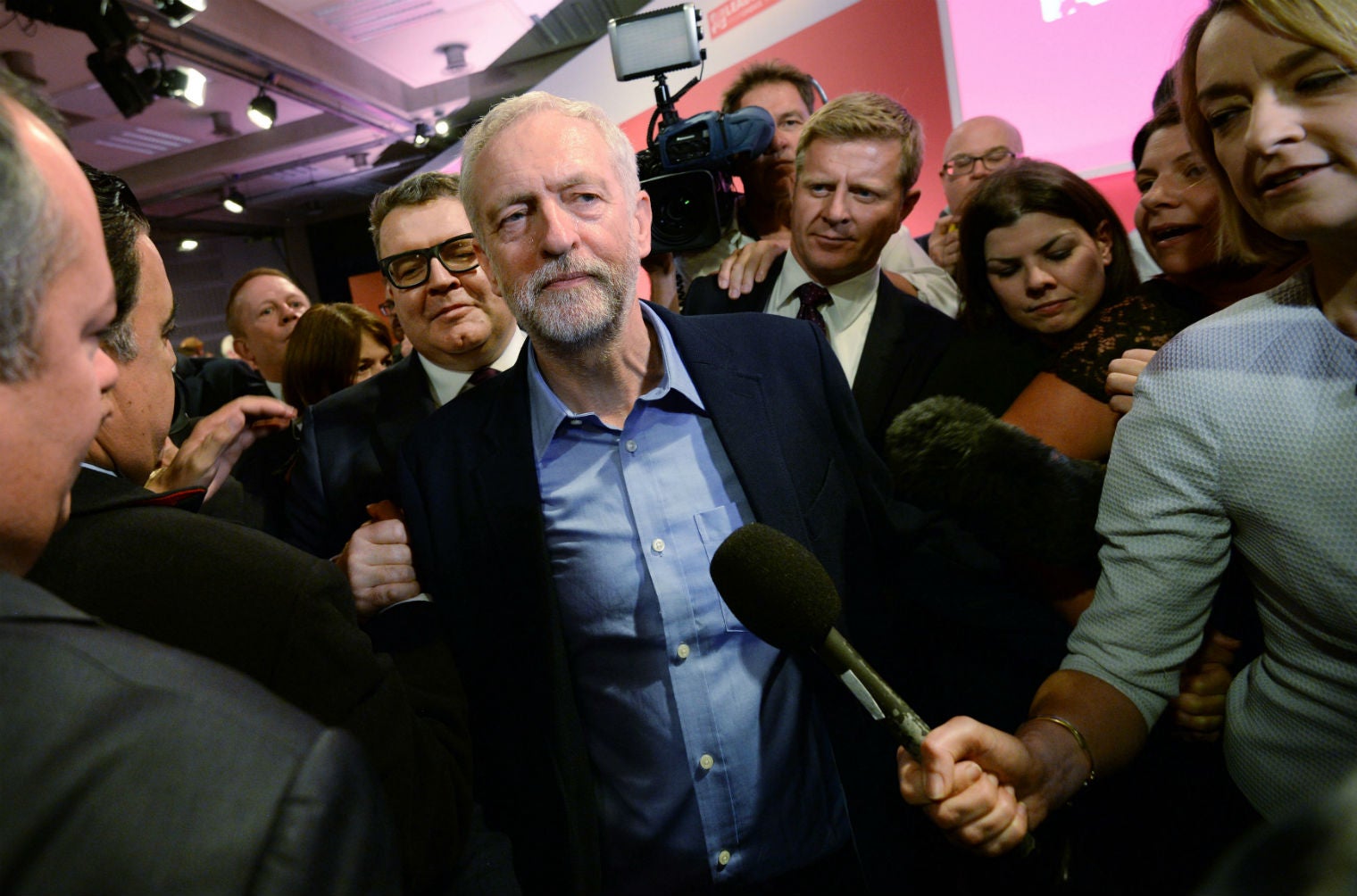What is Corbynomics? From people's QE to the National Maximum Wage, all you need to know about Jeremy Corbyn's economic policies
Corbynomics mixes old left ideas - like giving workers control over industry – with brand new ones, like people’s quantitative easing

Jeremy Corbyn has stormed to victory in the Labour leadership election taking his economic plans – better known as Corbynomics – one step closer to number 10.
Corbynomics is the work of Richard Murphy, a chartered accountant from a rural market town in Norfolk who helped found the Tax Justice Network. Murphy is set to become a full-time adviser to Corbyn after Corbynomics won him the vote.
But what is Corbynomics?
Corbynomics mixes old left ideas - like giving workers control over industry – with brand new ones, like people’s quantitative easing.
Sorry, people's what?
People's quantitative easing is Corbyn's take on the Bank of England’s quantitative easing program. Between 2009 and 2012, the Bank of England issued £375 billion electronically to buy bonds, gilts and other debt to prop up the economy after the financial crash.
Corbyn has reimagined this cash injection as one for the people, rather than the banks. He has proposed the creation of a state investment bank, funded by the Bank of England, to invest in housing, energy, transport and digital projects.
What else?
Corbyn would also roll back privatisations in the public and private sector and renationalise the energy companies and railways.
Is he just one of those politicians who says they support public education and healthcare but sends their own kids to private school?
No. In fact he reportedly split up with his second wife over the issue of whether to send their son to a comprehensive or a grammar school. He would like to return state-funded academies and free schools to local authority control, while tuition fees would be scrapped and replaced with grants.
All this sounds expensive. What about the deficit?
Corbyn plans to tackle the deficit in two ways: higher taxes for the rich, and crackdown on tax avoidance. He thinks £120 billion can be raised by cracking down on tax avoidance.
What else?
• Housing policy: rent controls should be reintroduced to link private rent to local earnings. More council houses should be built.
• National maximum wage should be introduced to cap the salaries of high earners.
• Protect and restore the NHS. Corbyn would end Private Finance Initiative deals by using government funds to buy them out.
Subscribe to Independent Premium to bookmark this article
Want to bookmark your favourite articles and stories to read or reference later? Start your Independent Premium subscription today.

Join our commenting forum
Join thought-provoking conversations, follow other Independent readers and see their replies